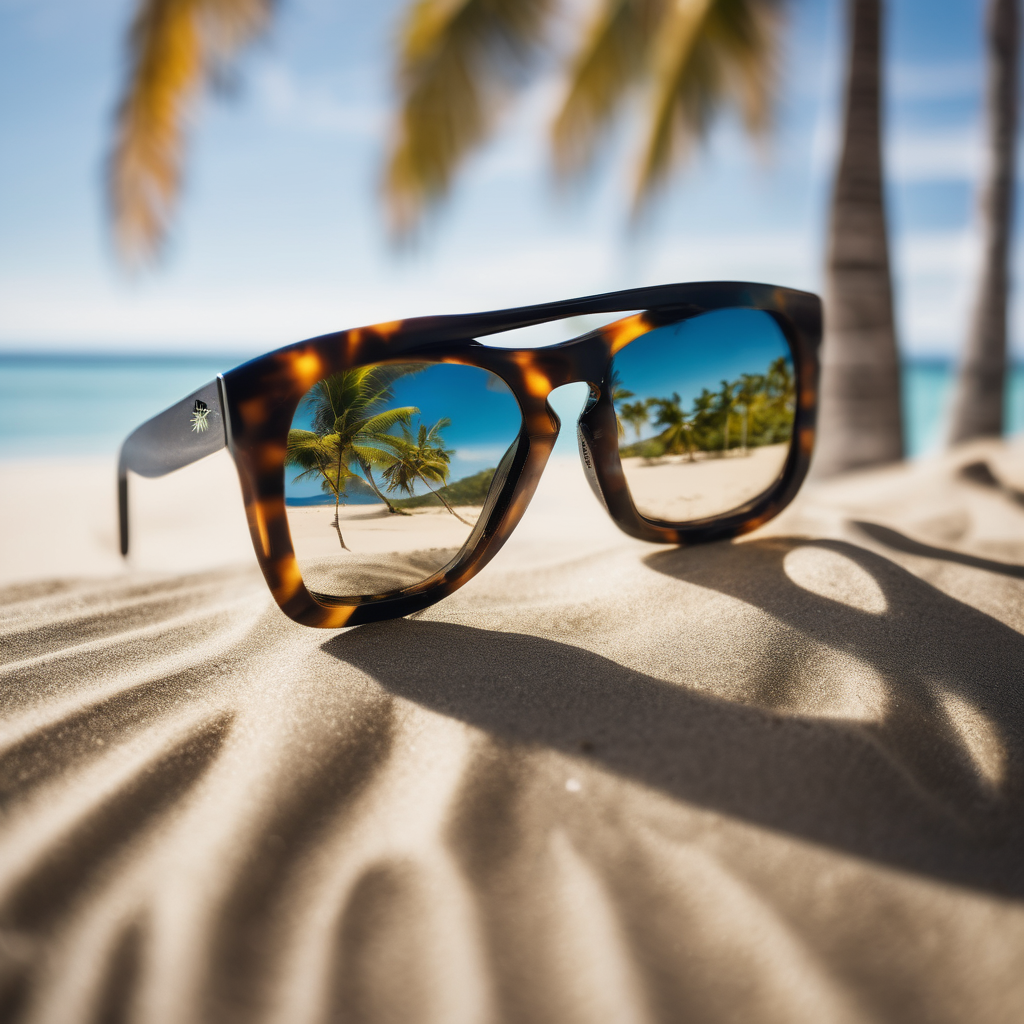In the beautiful and warm climate of Fiji, where the sun shines brightly year-round, residents face a significant health concern related to eye safety. Among the issues highlighted by optometrists is pterygium, a benign growth on the surface of the eye that poses risks to both comfort and vision.
Pterygium, or “surfer’s eye,” appears as a fleshy, triangular growth on the white part of the eye (sclera) and can gradually extend onto the clear front surface (cornea). It typically forms on the inner side of the eye, closest to the nose, though it may also develop on the outer side. This condition often shows no initial symptoms but can result in discomfort, redness, and blurred vision if not addressed. Prolonged exposure to ultraviolet (UV) light is the primary cause of pterygium, making it a common concern in outdoor-oriented communities engaging in activities such as fishing, farming, and construction.
Additionally, factors like chronic irritation from wind and dust, specific occupations requiring extended outdoor activities, genetic tendencies, and lack of adequate eye protection contribute to the prevalence of pterygium, particularly among Fijians in rural and coastal regions.
As pterygium progresses, it can cause significant discomfort and a risk of vision impairment, highlighting the need for preventive measures. These include wearing UV-blocking sunglasses, using wide-brimmed hats, and utilizing artificial tears in dry conditions. It’s crucial to encourage children to adopt these protective habits early to minimize their risk throughout their lives.
For larger pterygium growths that affect vision, treatment options range from lubricating eye drops and anti-inflammatory medications to surgical removal for severe cases. Modern surgical techniques are generally effective and support vision stabilization, and following surgery, ensuring post-operative care with UV protection remains vital to prevent recurrence.
Regular eye check-ups are essential, especially for those often exposed to sunlight. Optometrists are key in monitoring eye health, advising on necessary treatments, and educating patients about preventive measures.
While Fiji’s delightful sunshine and outdoor lifestyle provide many advantages, the potential risks to eye health underscore the importance of awareness and action. By embracing straightforward protective strategies and utilizing professional care, Fijians can preserve their vision and contribute to a healthier future. This proactive approach to eye health promises to foster clearer and brighter horizons for generations ahead.
